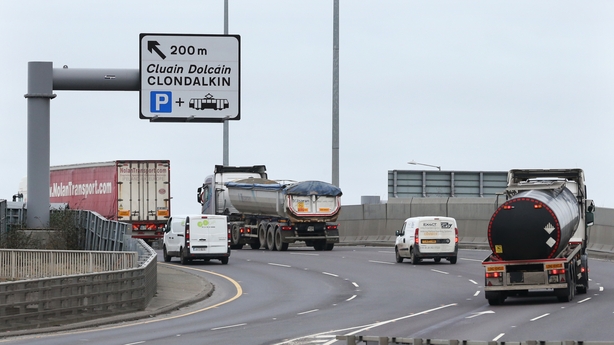A workforce survey taken along five counties on the M7 motorway corridor has found that more than half (52%) of companies that responded are optimistic and expect their activity to increase in the next 12 months.
But skills shortages are anticipated to make recruitment challenging for 48% of companies.
Businesses said the impact of skills shortages will affect their ability to deliver projects for 43% and the continuation of planned growth or expansion for 40%.
The survey of SMEs and multinationals was carried out by by recruitment and HR consultancy firm Clark with the collaboration of Maynooth University, County Kildare Chamber and Grant Thornton.
The companies surveyed across West Dublin, Kildare, Carlow, Laois and Wicklow not surprisingly said they would be recruiting more temporary and contract staff in 2021, which is the pattern when the economy is under pressure.
However it also showed that 63% of companies surveyed expect to hire additional staff this year with 67% of those being permanent positions.
Companies surveyed ranged from small and large SMEs to multinationals across over 20 sectors including pharma, medtech, food/beverage, agri, IT, professional services, engineering, logistics, fast-moving consumer goods (FMCG), manufacturing, construction, financial services and hotel-leisure.
The survey also showed that 44% of firms intend to increase salaries this year with two thirds (67%) now offering flexible working hours.
Companies now offering full remote working has risen to 60% from 18% in just a year.

The survey said that 28% of employees that changed jobs in 2020 cited improved salary and benefits as the main reason (68%) followed by work-life balance (57%), career opportunities (54%) and location (51%).
Deirdre Coghlan Murray, the managing director of Clark, said that as a result of the challenges presented by Covid 19, Brexit and the related commercial uncertainty, companies have learned that people are highly adaptable, innovative, capable of embracing change, resilient and that as human beings we still need connection.
"The area of well-being is well and truly on the benefits agenda with both employers and employees realising the shared impact wellbeing has on performance and morale," Deirdre Coghlan Murray said.

